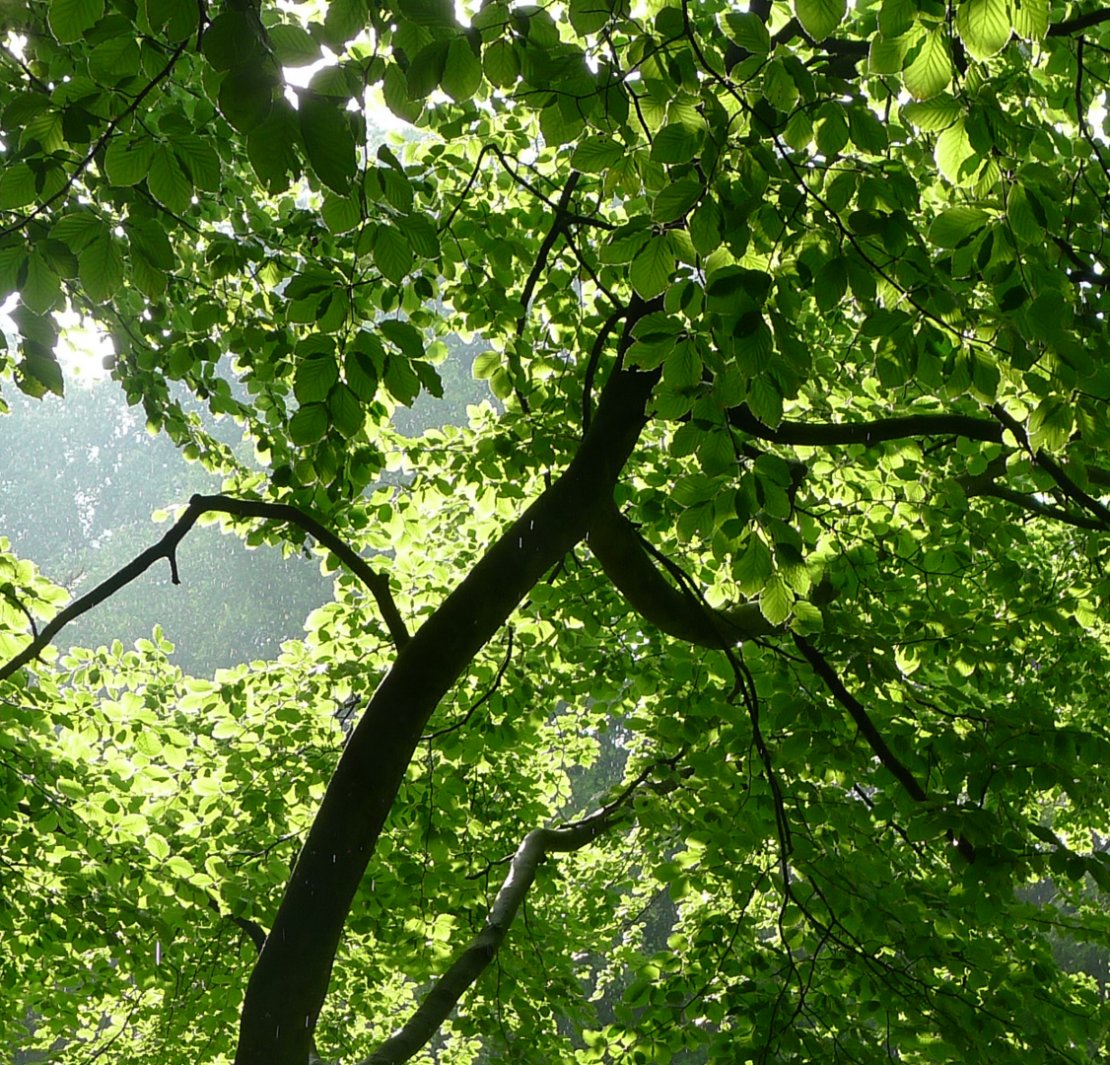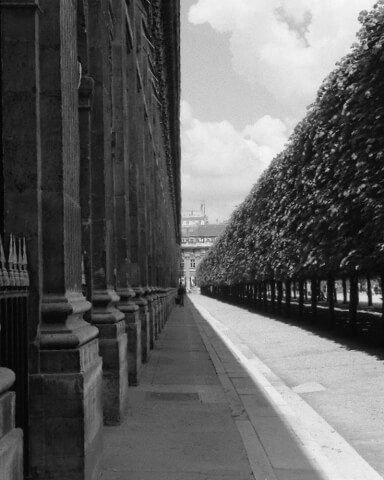The power of the forest
In Japan, scientists have been working for decades on the curative
Effect of the forest. Shinrin-yoku, the conscious experience of the forest, is widespread in Japan and South Korea. There are forest therapies and a branch of medicine that deals with the effects of the forest on humans.
Numerous studies by Japanese researchers have concluded that conscious immersion in the forest has a number of health effects, particularly in reducing stress, achieving inner peace and strengthening the immune system.
In many parts of Europe, a forest can be reached relatively easily. So why not try it yourself? The following should be noted:
1. NO ELECTRONIC DEVICES
Leave your electronic devices, phone, camera or pad at home. Every look at the screen leads to the exact opposite of what you want to achieve through Shinrin-yoku.
With Shinrin-yoku, it is important to experience the forest with all your senses. It also involves the experience of feeling within yourself which path your inner being wants to take.
A small piece of forest is enough. You don’t have to start in a huge forest area, from which you might only find your way out with the help of a GPS system.
2. SILENCE
The easiest way to experience the forest is to experience it alone, just looking out for yourself. If you would like to experience the forest as a couple or even in a small group, you should agree on rules beforehand, for example that they do not talk to each other and keep an appropriate distance in the forest.
It is not always easy to find peace and quiet in a wooded area near a town or city, because joggers, mountain bikers and hiking groups come here all the time. So try your luck away from “race tracks”, go into the forest at unusual times of the day or in rather inhospitable weather – this way you have a better chance of being alone.
Light mixed forests are the best way to get started. After a while you will notice which trees you instinctively prefer. This can be the fresh green of beech forests. Some people are attracted to oak trees, others prefer coniferous forests with their high proportion of ethereal scents.
3. SENSES
Try to experience the forest with as many of your senses as possible. Let your eyes wander over tree barks, mosses, mushrooms, the young forest shoots in the forest floor and the crowns of the tree tops. Give your eyes time to recognize structures.
Breathe consciously and let the scents of the forest take effect on you. Does the forest smell of herbs or mushrooms? Capture the essential oils of conifers or the slightly musty smell of autumn leaves. Depending on the season and time of day, you will be surprised by the variety of impressions.
Find a seat in a small clearing and listen into the forest. Try to sit silently for as long as possible to hear the cracking of branches, the rustling of animals, the blowing and falling of leaves.
Feel with your hands the gnarled bark of a tree, the softness of leaves, the dense structure of moss. Feel the dew, frost or raindrops on the leaves and branches. Feel how the soft forest floor under your feet gives way.
4. YOU
At this moment only one thing is important: you. Don’t try to “work off” Shinrin-yoku, to cover a certain distance in the forest or to spend a pre-defined time in the forest. It can be 10 minutes or even hours. It is important to concentrate exclusively on the experience of the forest, not to put yourself under pressure for once, but to try to experience yourself in the here and now in exchange with the forest.
5. TREE
Our time does not always allow us to visit a piece of forest. You can already feel the power of the forest on a single tree. Find a favourite tree in your park. Try to feel the proximity of the tree, touch the bark, sit under the tree and lean against the trunk. Spend time under the tree crown, breathe consciously, close your eyes and concentrate on the sounds of the tree and the wind. After a while you will feel that you are absorbing part of the power of the tree. The effect is not comparable to diving into a forest, but even a single tree in the park can convey a part of Shinrin-yoku and you return to your everyday life strengthened.
Erich Kästner describes the power of the forest in his wonderful poem “Die Wälder schweigen” (The forests are silent) and writes at the beginning “Man zählen die Tage. And one counts the money. One longs away from the cries of the city”. He ends his poem with “The forests are silent. But they are not mute. And whoever comes, they comfort everyone”.




